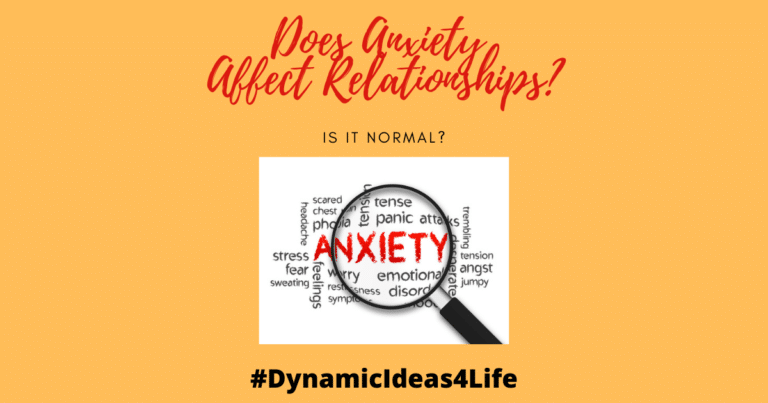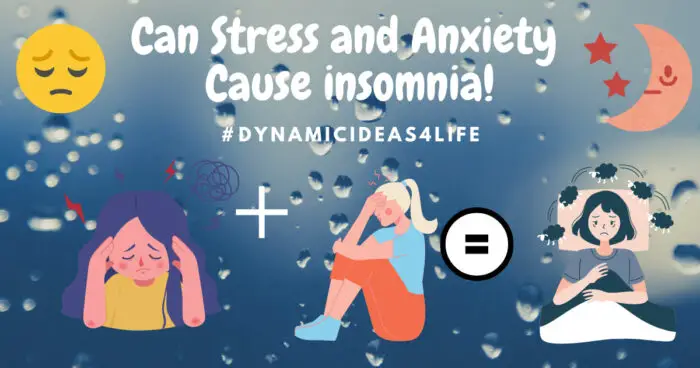
Stress and Anxiety are common experiences that most individuals encounter at some point in their lives. But Can Stress and Anxiety Cause Insomnia? is the question.
While stress and anxiety are normal and can even be helpful in certain situations, prolonged stress and anxiety can lead to a host of negative physical and mental health outcomes.
For example, Insomnia (one of the main topics of this article) is a sleep disorder that makes it difficult to fall asleep, and stay asleep, or even for some people it might mean they fluctuate between the two states having some nights where they can sleep but can’t get back to sleep and others where they can’t sleep at all.
Both can be very frustrating for anyone facing these problems and this can be caused due to a variety of factors, including YOU GUESSED IT! Stress and Anxiety.
Stress and anxiety can take a toll on our physical and mental health, and can even lead to sleep disorders like insomnia. In this article, we will delve deeper into the connection between stress, anxiety, and insomnia, and explore ways to manage and alleviate each of these unwanted health conditions.
If you’re someone who has been struggling with sleep or simply looking to understand more about these interconnected issues, this article will provide you with valuable insights and practical tips to help you navigate the challenges of stress and anxiety-induced insomnia.
So let’s begin, shall we?
Can Stress and Anxiety Cause Insomnia? What Is The Connection Between The Three?
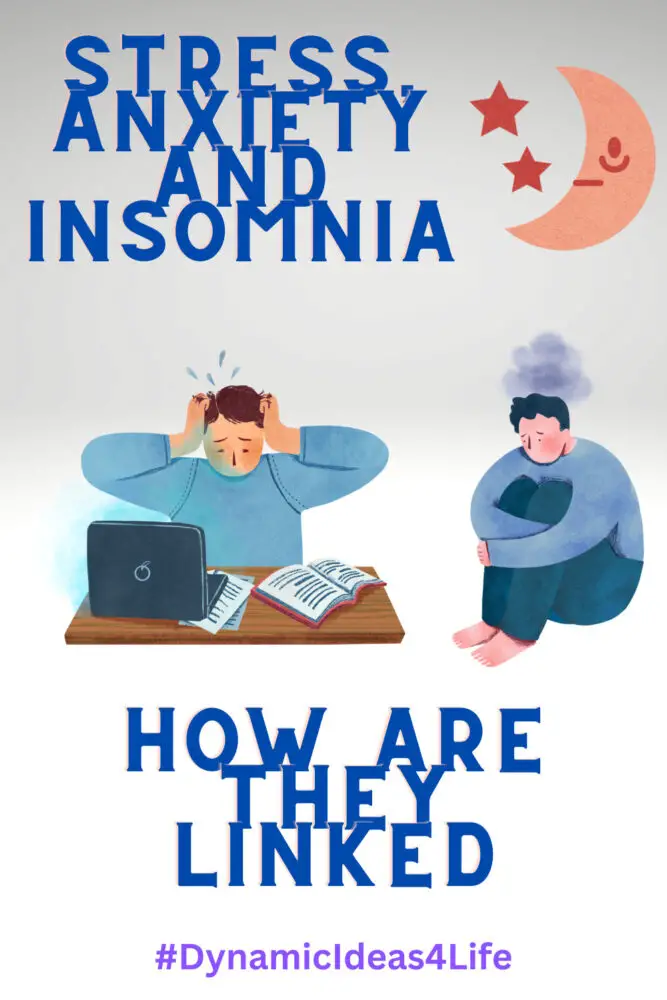
So, How Are Stress and Anxiety linked to Insomnia? This is a very interesting question because stress is typically related to external factors, such as work or relationship issues, while anxiety is related to internal factors, such as worrying about future events or past mistakes.
However, both Stress and Anxiety can lead to physical symptoms, such as increased heart rate and muscle tension, which can interfere with sleep and cause Insomnia.
Although, with this in mind Insomnia can be triggered in several different ways.
So first, Stress and Anxiety can cause hyperarousal, which means that the body and mind are in a state of heightened alertness. This can make it difficult to relax and fall asleep, as the mind is racing and the body is tense.
Secondly, Stress and Anxiety can cause racing thoughts, which can prevent the mind from slowing down and falling asleep. And THIRDLY on top of this Stress and Anxiety can also cause an increase in the stress hormone Cortisol, which can interfere with the natural sleep-wake cycle.
How Stress and Anxiety Affect Insomnia
One interesting fact about the relationship between Stress, Anxiety, and Insomnia is each is bidirectional. This means that not only can stress and anxiety cause insomnia, but insomnia can also cause stress and anxiety.
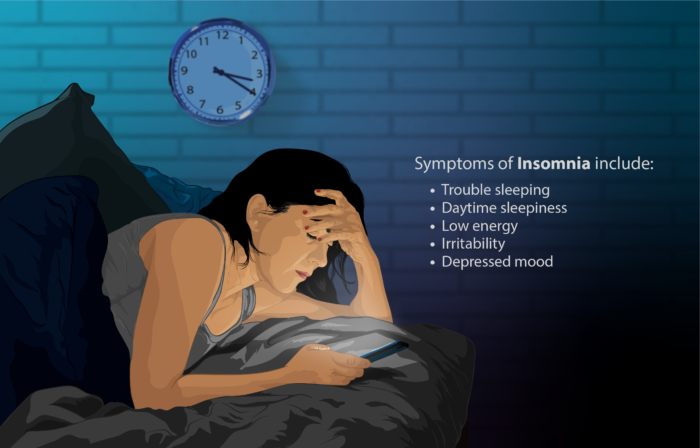
Basically, when individuals do not get enough sleep, they may experience mood changes, irritability, and fatigue, which can contribute to stress and anxiety.
Plus additionally, Insomnia can lead to a negative cycle of worrying about sleep, which can further exacerbate stress and anxiety.
Treatment for Insomnia, Stress, and Anxiety
Typically treatment for Insomnia caused by Stress, and Anxiety involves addressing the underlying causes of these issues. This may involve identifying and addressing specific stressors, such as work or relationship issues, or using relaxation techniques, such as meditation or deep breathing, to manage anxiety.
Additionally, sleep hygiene practices, such as creating a relaxing bedtime routine and avoiding caffeine and electronics before bed, can also be helpful in managing insomnia.
The Impact of Stress and Anxiety on Sleep

The impact of stress and anxiety on sleep is a complex and multifaceted issue that can affect individuals in different ways. While some individuals may experience occasional sleep disruptions due to stress and anxiety, others may develop chronic insomnia, which can have significant consequences on their overall health and well-being.
So understanding the underlying causes and effects of stress and anxiety on sleep is critical in developing effective treatment strategies to improve sleep quality.
One of the key factors that contribute to the impact of stress and anxiety on sleep is the interplay between the nervous and endocrine systems. Stress and anxiety activate the sympathetic nervous system, which triggers the release of stress hormones, such as cortisol and adrenaline.
These hormones increase heart rate, blood pressure, and respiratory rate, locking the body into a fight-or-flight response.
However, this response can also interfere with sleep by inducing hyperarousal and suppressing the release of sleep-promoting hormones, such as melatonin.
Plus What’s More…
Stress and anxiety together can lead to a range of cognitive and emotional symptoms, such as worry, rumination, and catastrophizing, that can interfere with the ability to fall asleep or stay asleep.
Racing thoughts and negative self-talk can create a cycle of arousal that makes it difficult to relax and fall asleep.
This can be particularly problematic for individuals who are prone to worry or have a history of anxiety or depression.
In addition to the impact on sleep, stress, and anxiety can also affect other aspects of physical and mental health.
Chronic stress has been linked to a range of health problems, including cardiovascular disease, gastrointestinal disorders, and immune dysfunction.
Similarly, anxiety disorders can lead to impaired social functioning, reduced quality of life, and an increased risk of comorbid psychiatric disorders.
So What Should You Do?
Effective treatment for stress and anxiety-related insomnia typically involves a combination of psychotherapy, pharmacotherapy, and lifestyle interventions.
Psychotherapy, such as cognitive-behavioral therapy (CBT), can help individuals identify and modify negative thought patterns and develop coping strategies for managing stress and anxiety.
Pharmacotherapy, such as benzodiazepines or non-benzodiazepine hypnotics, can be used in the short term to improve sleep quality but should be used with caution due to the risk of dependence and side effects.
I would actually recommend doing some research into Stress and Anxiety Relief or Deep Sleep supplements.
Also, Try Exercise and Lifestyle Changes
Lifestyle interventions, such as exercise, relaxation techniques, and good sleep hygiene, can all play an important role in managing stress and anxiety-related insomnia.
Exercise has been shown to reduce stress and improve sleep quality, while relaxation techniques, such as deep breathing and progressive muscle relaxation can help reduce arousal and induce relaxation.
Good sleep hygiene practices, such as maintaining a regular sleep schedule, avoiding caffeine and alcohol before bed, and creating a relaxing bedtime routine, can also improve sleep quality.
The Breakdown
In summary, stress, and anxiety can cause insomnia through a range of physiological and psychological mechanisms, which can have significant consequences for overall health and well-being.
Effective treatment for stress and anxiety-related insomnia typically involves a multi-faceted approach that addresses the underlying causes of stress and anxiety and incorporates a range of therapeutic and lifestyle interventions to improve sleep quality. By taking a holistic approach to managing stress and anxiety, individuals can improve their sleep quality and overall health, and achieve a better quality of life.
It’s important to note that stress and anxiety are not the only factors that can contribute to insomnia. There are many other medical and environmental factors that can also interfere with sleep, such as chronic pain, respiratory disorders, medications, shift work, and noise pollution.
However, stress and anxiety are particularly common and can have a significant impact on sleep, which is why they are often the focus of research and treatment.
In Conclusion
Furthermore, it’s worth mentioning that stress and anxiety-related insomnia can affect individuals of all ages and backgrounds, although certain populations may be more susceptible.
For example, women, older adults, and individuals with a history of mental health disorders may be at higher risk for developing insomnia due to stress and anxiety.
Additionally, individuals who experience trauma, such as military personnel or survivors of abuse or violence, may be at higher risk for developing post-traumatic stress disorder (PTSD)-related insomnia.
It’s also important to acknowledge that the COVID-19 pandemic has had a significant impact on mental health and sleep, with many individuals reporting increased stress, anxiety, and insomnia.
The pandemic has created a range of stressors, such as social isolation, financial uncertainty, and fear of illness, that can contribute to sleep disturbances.
Final Word
Overall, stress and anxiety can have a significant impact on sleep quality, but effective treatment strategies are available. By addressing the underlying causes of stress and anxiety, and incorporating a range of therapeutic and lifestyle interventions, individuals can improve their sleep quality and overall health.
It’s important to seek help from a qualified healthcare professional if you are experiencing persistent insomnia or other symptoms of stress and anxiety, as they can provide personalized recommendations and support.
With the right treatment and support, individuals can overcome stress and anxiety-related insomnia and achieve restful, restorative sleep. By taking the right care needed to resolve sleep issues the effects on stress, anxiety, and depression can be very surprising.

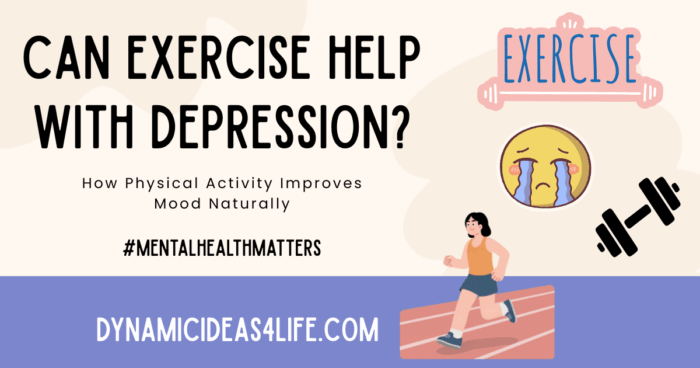
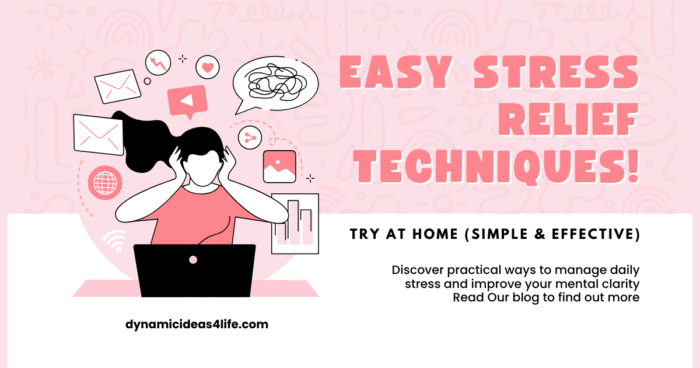

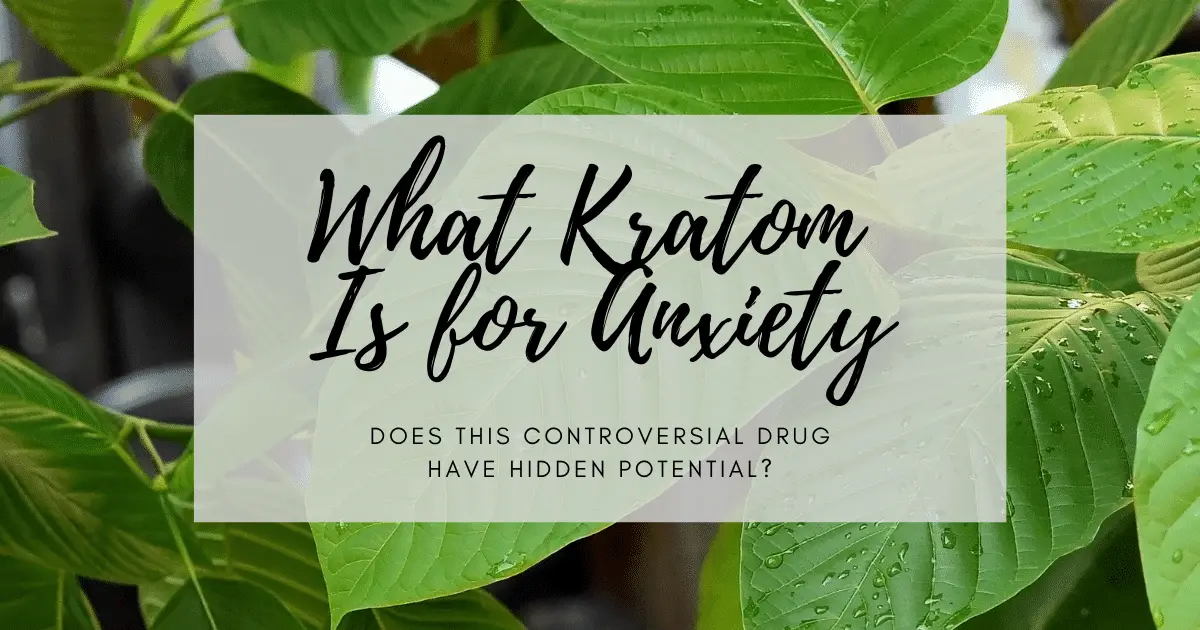

Anxiety and Depression BiOptimizers blood pressure supplements blood sugar control blood sugar support supplements cognitive function digital products Dr Sam Robbins Exercise Gut Health Healthy Living heart health HFL how to lower blood sugar levels How To Lower Cholesterol insulin resistance joint health supplement Keto keto dieting Keto Diet Weight Loss leaky gut supplements leptin resistance list Magnesium deficiency Matt Gallant mental health multivitamins Nootopia Nootropics nutrient supplements Probiotics Probiotic Supplements proteolytic enzymes reverse type 2 diabetes stress and anxiety stress relief Supplements vitabalance vitapost Wade Lightheart weight loss articles weight loss diet plans weight loss product reviews weight loss supplements weight loss tea

